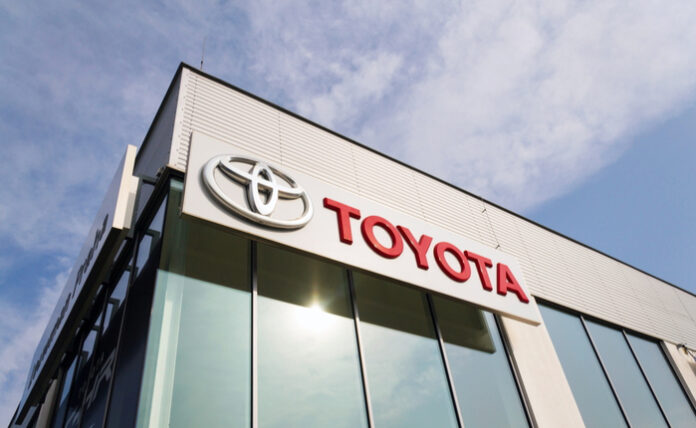Tech news headlines today reveal that a top automaker in Japan has just been hit by a systems glitch that could be an outside cyberattack.
AP reports on Toyota shutting down 28 lines in 14 facilities as a result of a heads-up from supplier Kojima Industrial that produces items like air conditioning and steering parts for the Japanese vehicle exporter.
Kojima reportedly suggests that server problems could be related to an outside cyberattack, partially because nothing like this has happened before, and because equipment where the monitoring glitches apply is still functional.
AP reports a small subsidiary called Daihatsu is also suspending operations.
Cyberattacks are a known quantity in the auto world.
“Cyber-attacks in the automotive industry are not new,” writes Rina Richell at the U.S. CyberSecurity Magazine. “In 2015, a team of security researchers experimented on the vulnerability of autonomous vehicles by hijacking a vehicle. It was confirmed that these vehicles were not as safe as initially thought to be. From a remote location, the researchers managed to disable the brakes for a few seconds and operate the steering wheel before shutting the engine off completely. This research gave the world a glimpse of how dangerous the future of mobility can be if more cars are internet-enabled without proper cybersecurity investments.”
Toyota has been proactive about monitoring its systems in response.
“Vehicle performance, including the security of connected technology systems, is a top priority for Toyota,” wrote spokespersons in March of 2020, noting a problem with Lexus production that had been analyzed with the help of Tencent Keen Security Lab. “Consistent with that commitment, Toyota engages with security researchers and other vehicle manufacturers regarding vehicle and enterprise cybersecurity.”
See if this problem is resolved this week, or if it might affect a major blue-chip auto stock. Right now, Toyota is down around 10% over two to three weeks, off of all-time highs set late last year.










